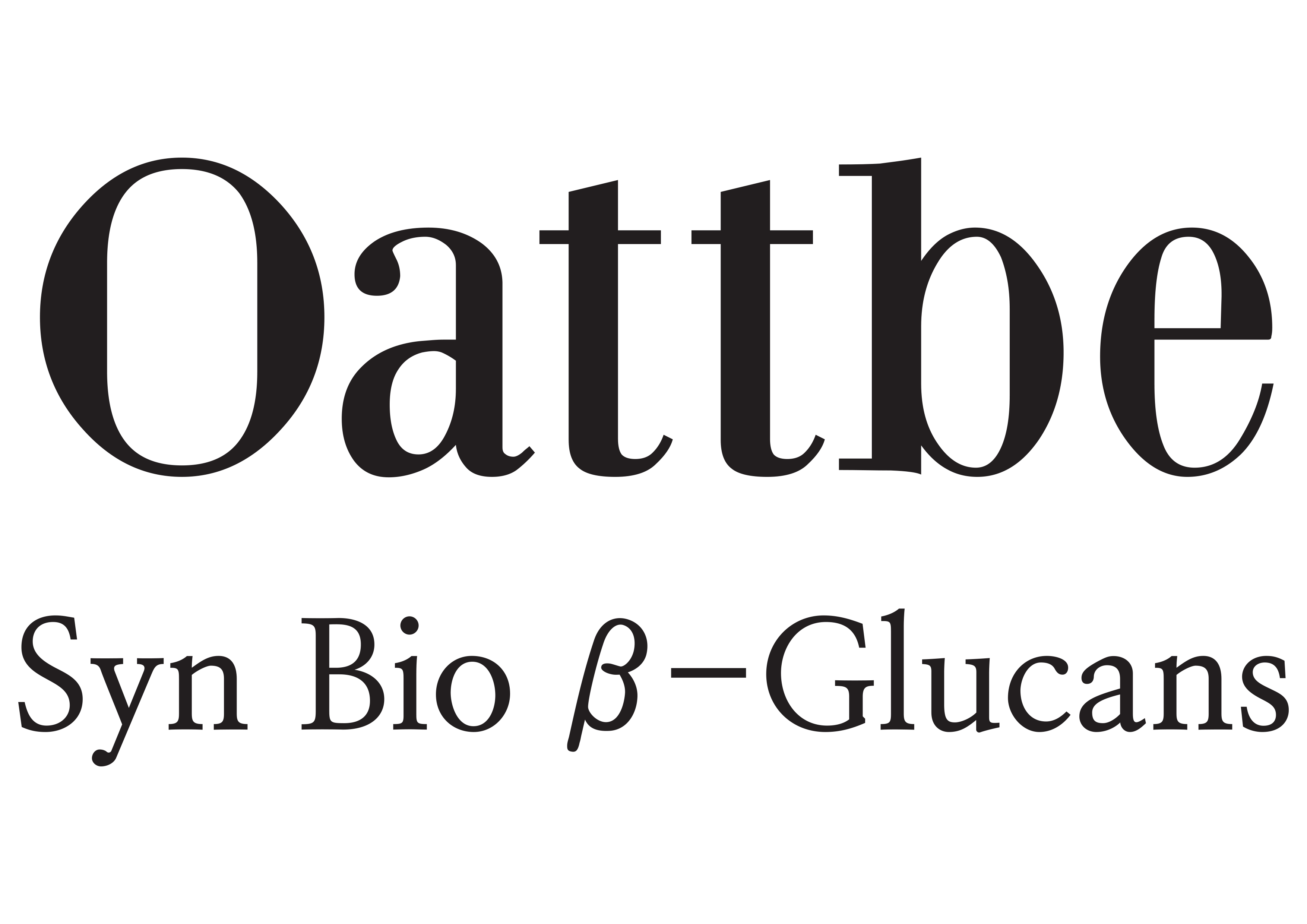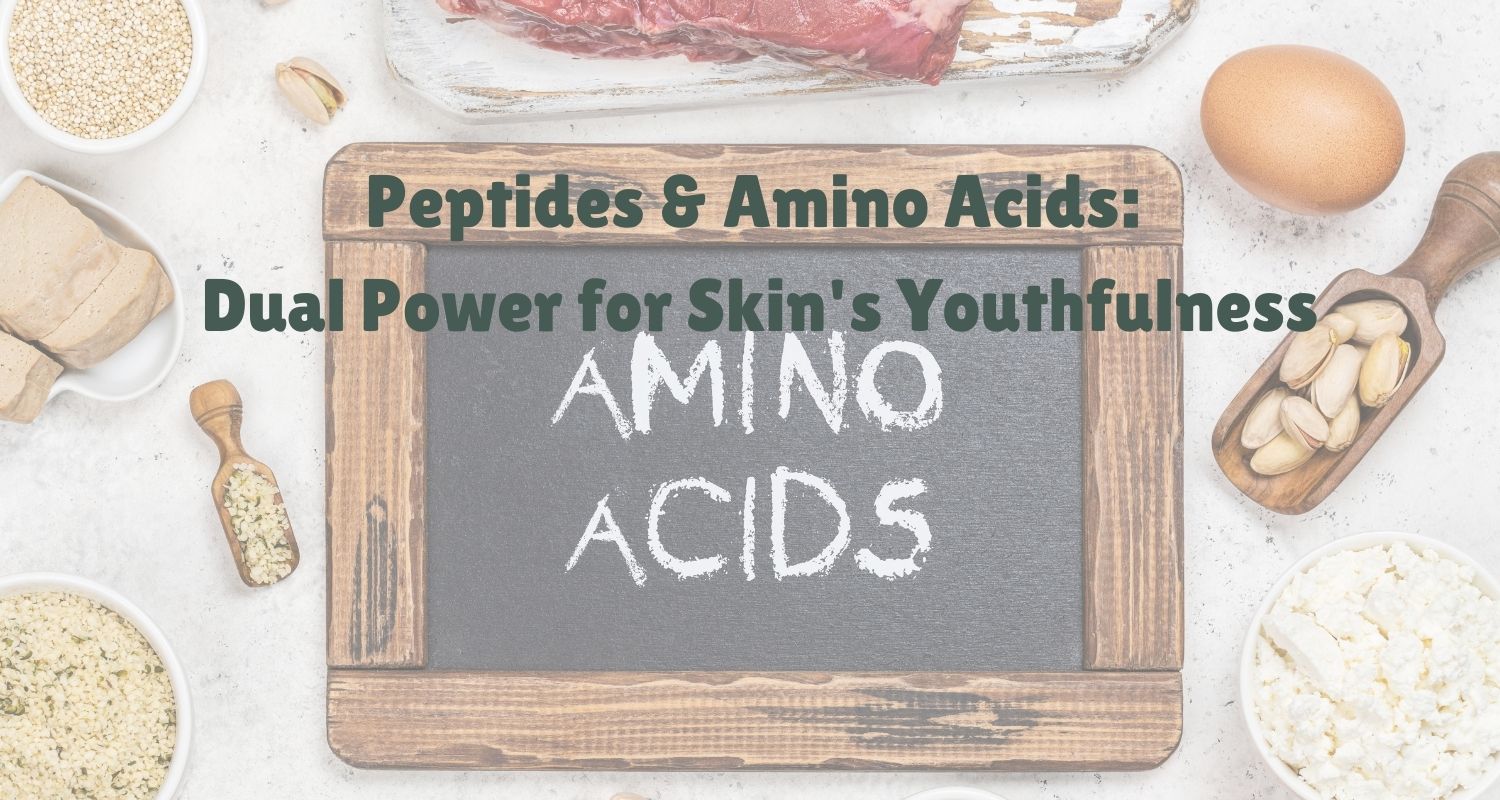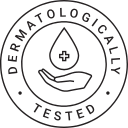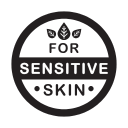
40. Peptides: The Building Blocks of Youthful Skin
What are Peptides?
Peptides are short chains of amino acids, which are the building blocks of proteins. These small proteins are crucial in skin health, playing a vital role in maintaining skin's structure and resilience. They are key components in the production of collagen, elastin, and keratin, which keep the skin smooth, firm, and elastic. As we age, our natural collagen production decreases, leading to wrinkles and sagging skin. Peptides in skincare products aim to address these concerns by mimicking naturally occurring peptides, signaling the body to repair and hydrate the skin, and boost collagen production.
Benefits of Peptides for Skin
- Stimulating Collagen Production: Peptides encourage skin cells to produce more collagen, helping maintain a youthful appearance by reducing fine lines and wrinkles.
- Reinforcing the Skin Barrier: They strengthen the skin's barrier function, which is crucial for retaining moisture and protecting against environmental damage.
- Promoting Elasticity and Firmness: Certain peptides enhance the production of elastin, contributing to the skin's firmness and tone.
- Facilitating Skin Repair and Healing: They accelerate skin healing and regeneration, beneficial for sun-damaged skin, acne, and other conditions.
- Reducing Inflammation and Redness: Peptides with anti-inflammatory properties can soothe and calm sensitive or reactive skin.
- Fading Hyperpigmentation: Some specialized peptides help in evening out skin tone and reducing dark spots.
Types of Peptides in Skincare
- Signal Peptides: Stimulate collagen and elastin production, common in anti-aging serums and creams.
- Carrier Peptides: Deliver essential minerals to the skin, aiding in healing and enzymatic processes, found in rejuvenating serums and creams.
- Enzyme Inhibitor Peptides: Slow down the breakdown of collagen and elastin, commonly used in anti-aging products.
- Neurotransmitter Peptides: Help minimize fine lines caused by facial expressions by inhibiting muscle contractions, similar to neurotoxins.
- Collagen Peptides: Provide fibroblasts for new collagen production, defending against aging signs.
- Copper Peptides: Generate and maintain collagen, falling into carrier or signal peptide categories.
How to Use Peptides in Your Skincare Routine
Peptides are found in various skincare products such as creams, serums, cleansers, and masks. They are primarily used for their anti-aging properties, targeting wrinkles and hydrating the skin. When choosing peptide products, consider formulas blended with antioxidants like vitamin C, soothing ingredients like aloe vera, or ultra-moisturizers like sodium hyaluronate for enhanced effectiveness. Peptides are generally suitable for all skin types, but as with any new skincare ingredient, it's wise to perform a patch test first and consult a dermatologist, especially if you have sensitive skin or specific health conditions.
Product Recommendations:
- Alternative Ingredient Product: CeraVe Hydrating Hyaluronic Acid Serum - Offers deep hydration and skin barrier restoration.
- Alternative Ingredient Product: La Roche-Posay Retinol B3 Serum - Combines retinol and vitamin B3 for skin rejuvenation.
- Alternative Ingredient Product: Oattbe Quatro repair Cream - PDRN and EGF for intense hydration and skin repair.
Peptides, with their ability to revitalize and maintain skin health, are a fantastic addition to any skincare regimen, promising a more youthful and radiant appearance.
Conclusion
Incorporating peptides into your skincare routine can offer significant benefits, particularly in terms of anti-aging. They are versatile, generally well-tolerated by different skin types, and work synergistically with other skincare ingredients. By understanding the different types of peptides and their functions, you can select products that best suit your skin's needs and contribute to a healthier, more youthful complexion.





